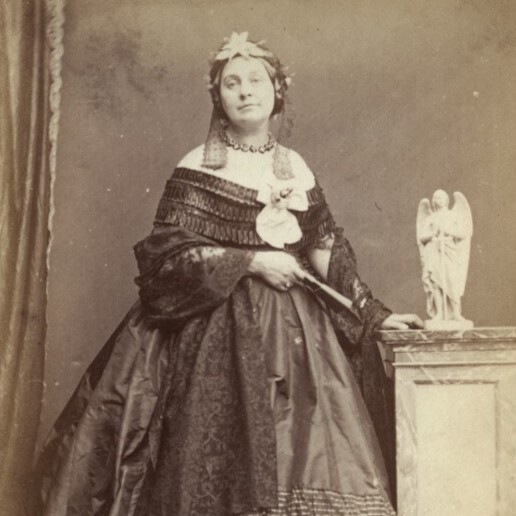We have been friends together,
In sunshine and in shade;
Since first beneath the chestnut-trees
In infancy we played.
But coldness dwells within thy heart,
A cloud is on thy brow;
We have been friends together—
Shall a light word part us now?
We have been gay together;
We have laugh'd at little jests;
For the fount of hope was gushing
Warm and joyous in our breasts.
But laughter now hath fled thy lip,
And sullen glooms thy brow;
We have been gay together—
Shall a light word part us now?
We have been sad together,
We have wept, with bitter tears,
O'er the grass-grown graves, where slumber'd
The hopes of early years.
The voices which are silent there
Would bid thee clear thy brow;
We have been sad together—
Oh! what shall part us now?
Published:
1830
Length:
Regular
Literary Movements:
Romanticism
Anthology Years:
2023
Themes:
Friendship
Literary Devices:
Metaphor
a comparison between two unrelated things through a shared characteristic
Rhetorical Question
a question asked for effect, not necessarily to be answered
Rhyme
correspondence of sound between words or the endings of words, especially when these are used at the ends of lines of poetry

